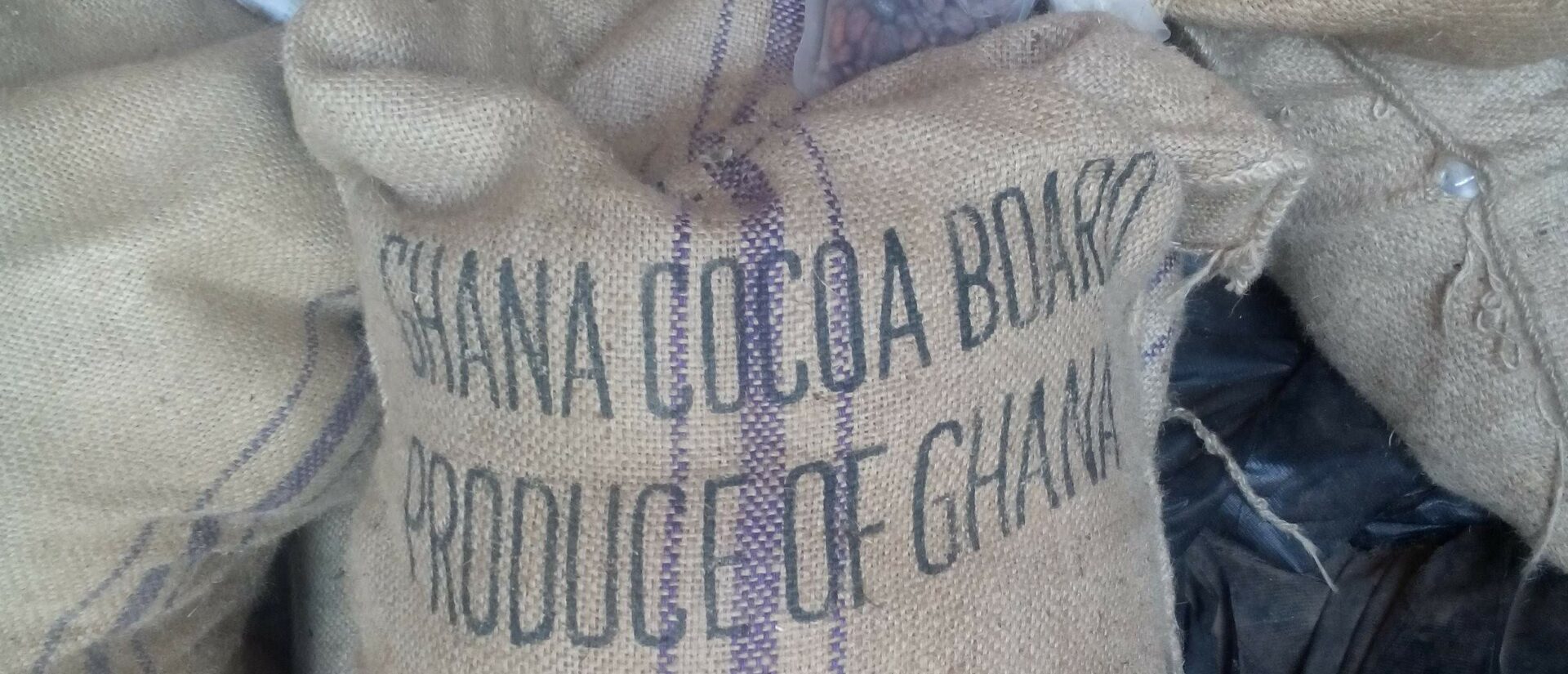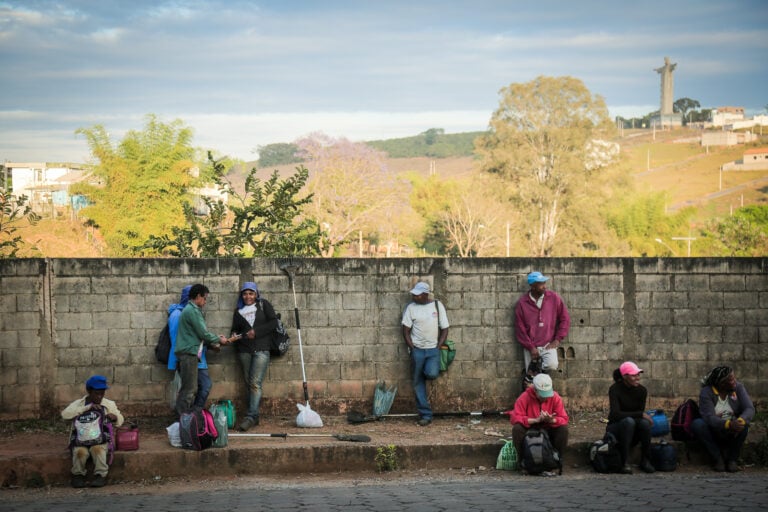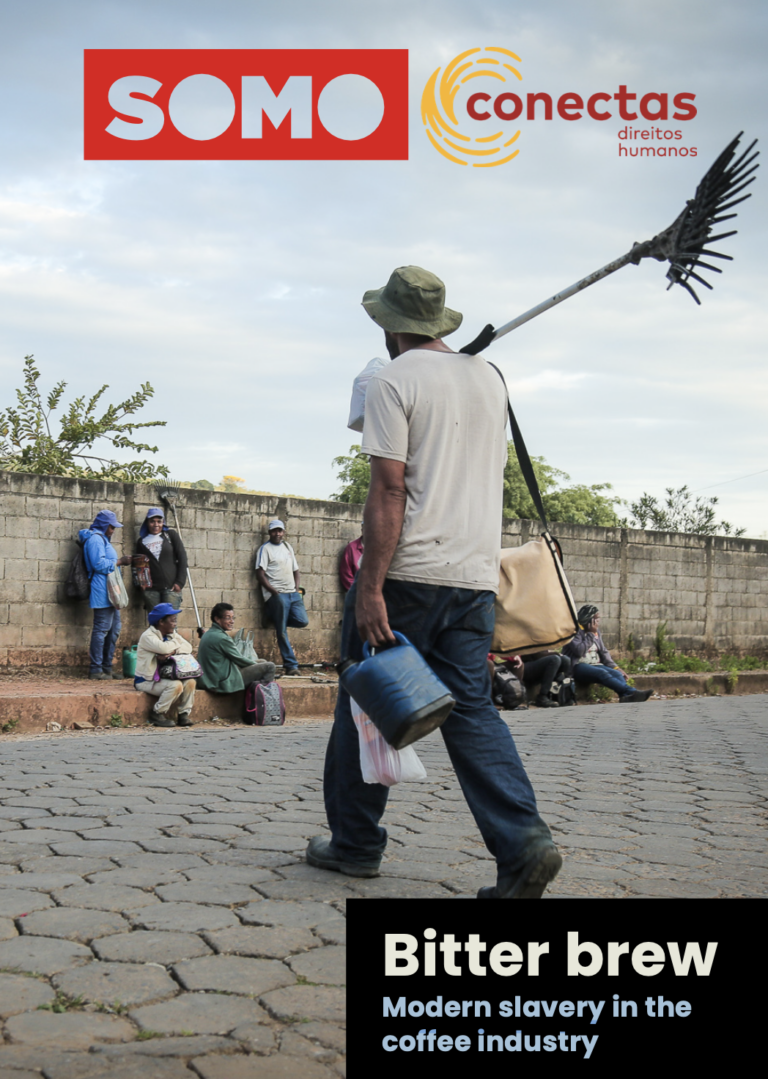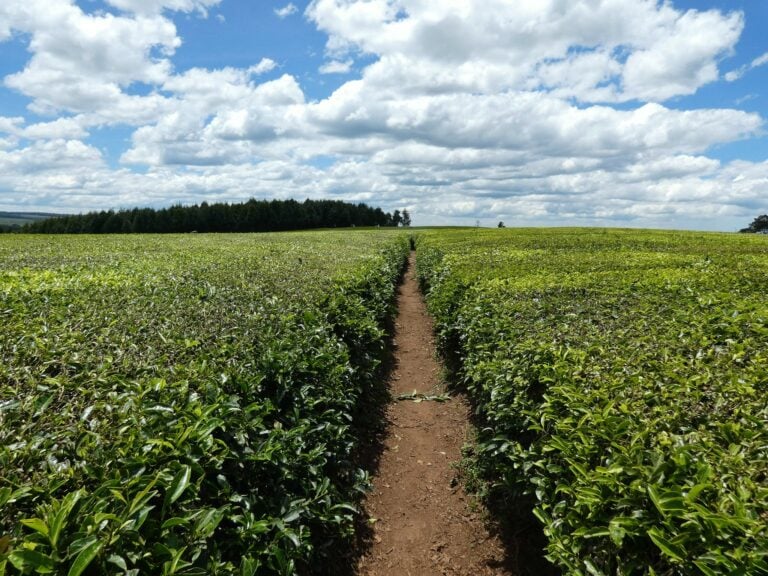
SOMO training on action research and grievance mechanisms in Ghana
How can trade unions effectively address labour rights violations that take place in the cocoa sector in Ghana on an international level? Two SOMO researchers, Sanne van der Wal and Irene Schipper, travelled to Ghana to provide trade union members with practical information and concrete tools for action during a two-day training programme in Tema on 12 and 13 March 2014.
The training was organised by Dutch trade union federation CNV International and its Ghanaian partner, the Ghana Federation of Labour (GFL). CNV International sees many opportunities for its partners to use supply chain responsibility and Corporate Social Responsibility (CSR) instruments to hold multinational companies accountable for labour rights violations down the supply chain; not only in the cocoa sector, but in the coffee, clothing and timber sectors as well. SOMO has considerable expertise in this area, which is why CNV commissioned SOMO to develop a training programme for several of its partner organisations.
In Ghana there were various trade unions participating in the two-day training programme, including GFL, GAWU), and FAWU, representing companies such as HPW Fresh & Dry, Barry Callebaut, Cargill, Nestlé and Akuafo Adamfo. A total of 23 trade union members participated.
Action research
Day one of the training was focused on action research techniques that will help define a strategy towards companies and other external stakeholders. It involved supply chain mapping, power mapping and investigating corporate structures, as well as methods for documenting grievance cases.
Irene Schipper: “It was great to see how focused the participants were in working on the exercises, and how easily they made the switch from the local strategies they are familiar with, to international strategies.”
Grievance mechanisms
Other elements of the training included different ways of company engagement (confrontational versus collaborative), CSR interventions, and international grievance mechanisms. With regard to the latter, some were explained in more detail; for example, when a case is eligible for the ILO procedure, the IFC, the African Development Bank, or the OECD National Contact Points.
Sanne van der Wal: “We were very pleased with the contributions from several of the participating organisations. Kenneth Koomson of FAWU presented the trade union agenda to address the main challenges in the Ghanaian cocoa sector. Kingsley Ofei-Nkansah, the General Secretary of GAWU, told an inspiring story on how CSR can contribute to improving working conditions in the sector.”
Irene Schipper: “We hope that one of the labour rights violation examples as included in the training will be used to bring the tools and techniques presented in the programme into practice. CNV International and SOMO will definitely support such a case.”
Some of the most pressing violations discussed were related to unpaid overtime, bad conditions for temporary workers and delayed payments to cocoa farmers.
Do you need more information?
-

Sanne van der Wal
Senior Researcher -

Irene Schipper
Senior Researcher
Partners
Related news
-
 Modern slavery is still lurking in your coffee cupPosted in category:News
Modern slavery is still lurking in your coffee cupPosted in category:News Joseph Wilde-RamsingPublished on:
Joseph Wilde-RamsingPublished on: -
Bitter brew Published on:Posted in category:Publication

-
 Unilever under UN investigation for denying remedy to victims of violence at its plantationPosted in category:News
Unilever under UN investigation for denying remedy to victims of violence at its plantationPosted in category:News Lydia de LeeuwPublished on:
Lydia de LeeuwPublished on:

